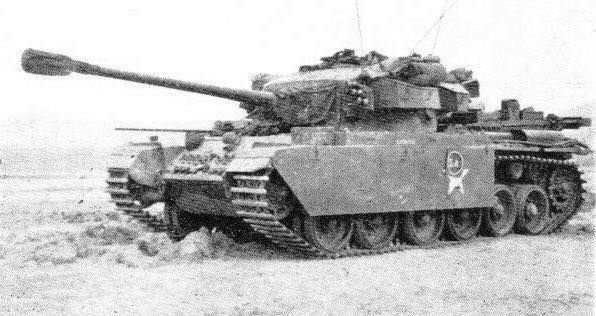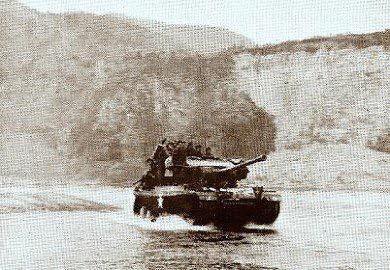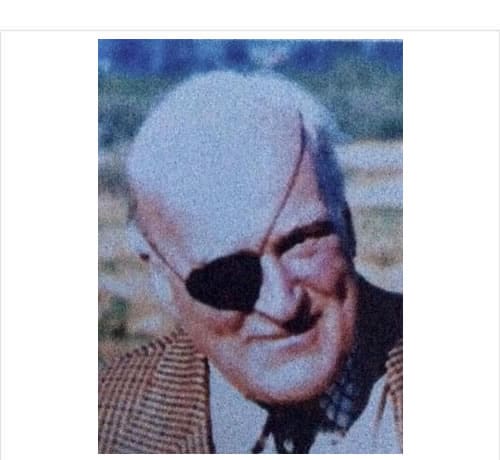Captain Peter Ormrod MC
Peter Charles Ormrod was born on August 31 1922 at Pen-y-Lan, his family estate on the River Dee, North Wales, and was educated at Harrow. After leaving school he worked as a trainee civil engineer with Sir Alfred McAlpine before enlisting in the Scots Guards in 1942.
He was commissioned and was in the advance party on D- Day when a shell landed on his tank as it was approaching the Normandy beaches and wounded him in the head. He was evacuated before getting ashore and on return to England went to the hospital, where he lost his right eye.
He did not return to the front line until the last stages of the war in Europe. Ormrod left the Scots Guards in 1948 and transferred to 8th King’s Royal Irish Hussars as adjutant. On the reformation of C Squadron in Tidworth in 1959, Peter assumed the post of Squadron Second in Command.
The 8th King’s Royal Irish Hussars, equipped with Centurion tanks, was sent to Korea in 1950 to form part of the 29th British Brigade.
In April the following year, when the Squadron leader was struggling to get back from leave, Capt Ormrod (the 2i/c), commanded “C” Squadron for the first two days of the Battle of the Imjin River.

At one stage in the battle, the crews had to bring down fire on each other’s tanks to prevent the Chinese from fixing explosives to the hulls with the object of disabling the tank tracks. Then, on April 25, Ormrod led a half squadron of tanks down a valley teeming with the enemy in order to protect the withdrawal of 1st Battalion Northumberland Fusiliers and 1st Battalion Royal Ulster Rifles.
He got out of his tank several times in the midst of the heavy fire in order to liaise with the infantry and kept his Centurions in position long after he should have withdrawn.

When he was wounded in the head by a mortar, he continued to direct operations until he was evacuated. The citation for his Military Cross stated that his determination to get the infantry out at all costs was a major factor in the battle and saved a great many lives.
On his return from Korea, he was posted to Mons officer cadet school, Aldershot, as an instructor. He retired from the Army in 1954 to run his estate in Wales.
Although he had not recovered from his injuries, he took up point-to-pointing and steeplechasing and was Master of the Border Counties Otter Hounds.
In 1960 he joined the Forestry Co-Operative, Flintshire Woodlands, of which he became managing director. Subsequently, he became the forestry consultant to the Duchy of Lancaster’s Needwood Estate and served as regional secretary of the Timber Growers’ Organisation.
Peter was Honorary Colonel of 3rd Territorial Battalion Royal Welch Fusiliers. He served for many years as a JP and was High Sheriff for Denbighshire and Deputy Lieutenant of Clwyd from 1970 to 1980.


